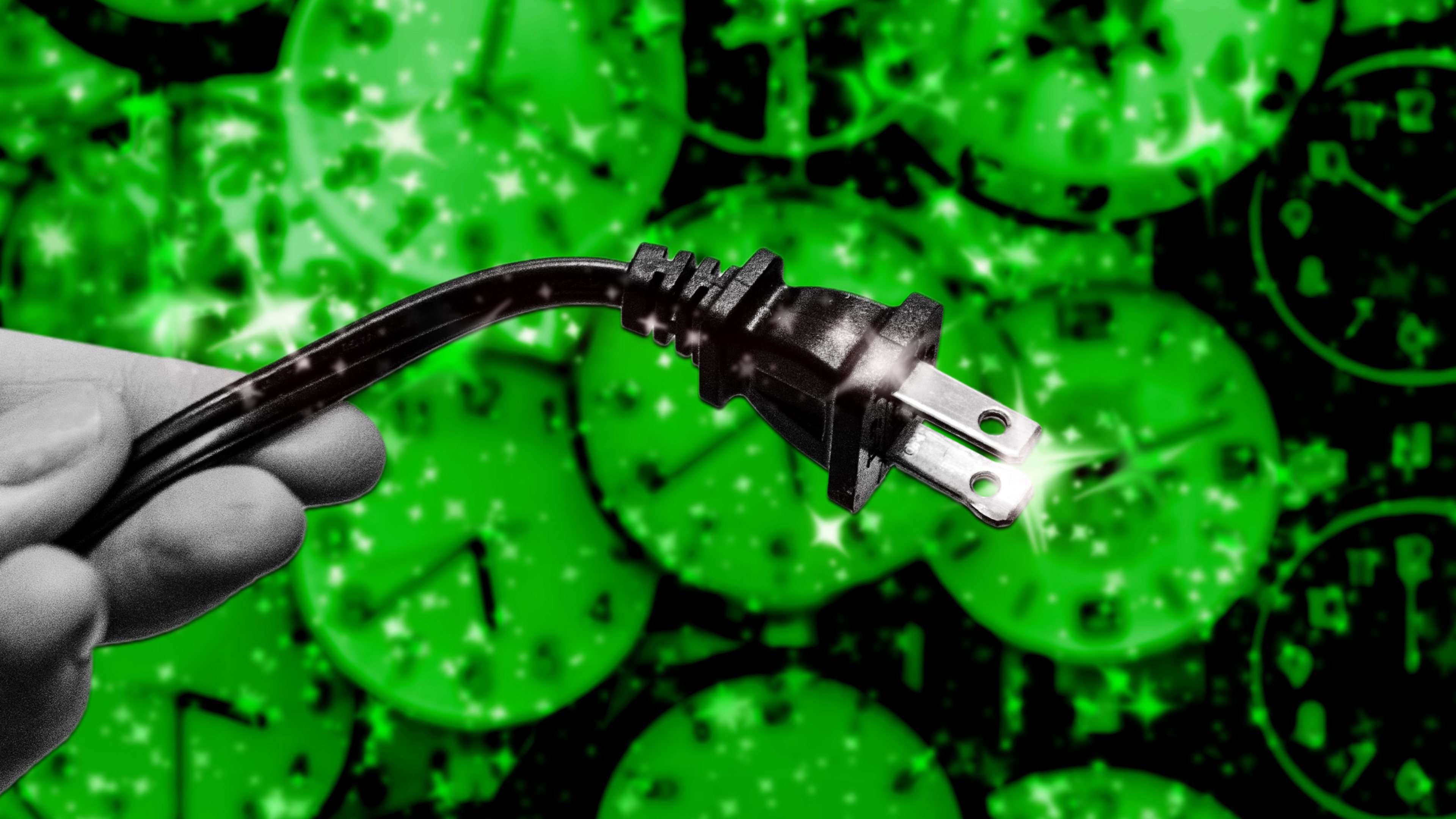We all now live and work in an increasingly fast world, characterized by multiple, often conflicting demands on our time and attention—and an overarching pressure to achieve more with the same or fewer resources. Sometimes, multifactorial demands and pressures like these can be energizing, pushing us to perform at a higher level. Eventually, however, unless intentional recovery features in our routine performance behavior, energizing busyness can become a depleting strain. This is why the “do more with less” strategy touted by many career experts is a mistake. Because unlike computers, humans are not built to be always on.
Intentional recovery, sometimes called “strategic recovery,” is a deliberate act. It is not a break that you grant yourself when you are caught up with your work. Instead, it is a formal and focused decision to insert small but dedicated periods of time—perhaps 10 minutes every 90 to 120 minutes—to disrupt the linearity of doing the same thing or holding the same physical posture or location for too long. In our research, we have found that intentional recovery can be a form of sustainability investment in the next wave of performance. Intentional recovery can also break the day into a series of short, highly engaged sprints in preference to one gradually energy-depleting marathon.
The practice of intentional recovery is a key modifiable factor in keeping pressure and stress separate from each other and the enabler for sustainable, healthy high performance. Despite this, intentional recovery rarely gets prioritized and is often misunderstood as a concept. This intentional act is seen by some as unproductive time, or even slacking.
Unfortunately, seeing recovery time as unproductive or wasteful is to fundamentally misunderstand the mechanism of sustainable performance in the first place. Humans aren’t designed to always be “on.” Promoting and supporting intentional recovery in the team is one of the most productive and strategic tools in a manager’s toolbox, equipping teams to use pressure to their advantage, avoid stress, and keep developing and growing.
Recognize your brand’s excellence by applying to this year’s Brands That Matter Awards before the final deadline, June 7.
Sign up for Brands That Matter notifications here.
